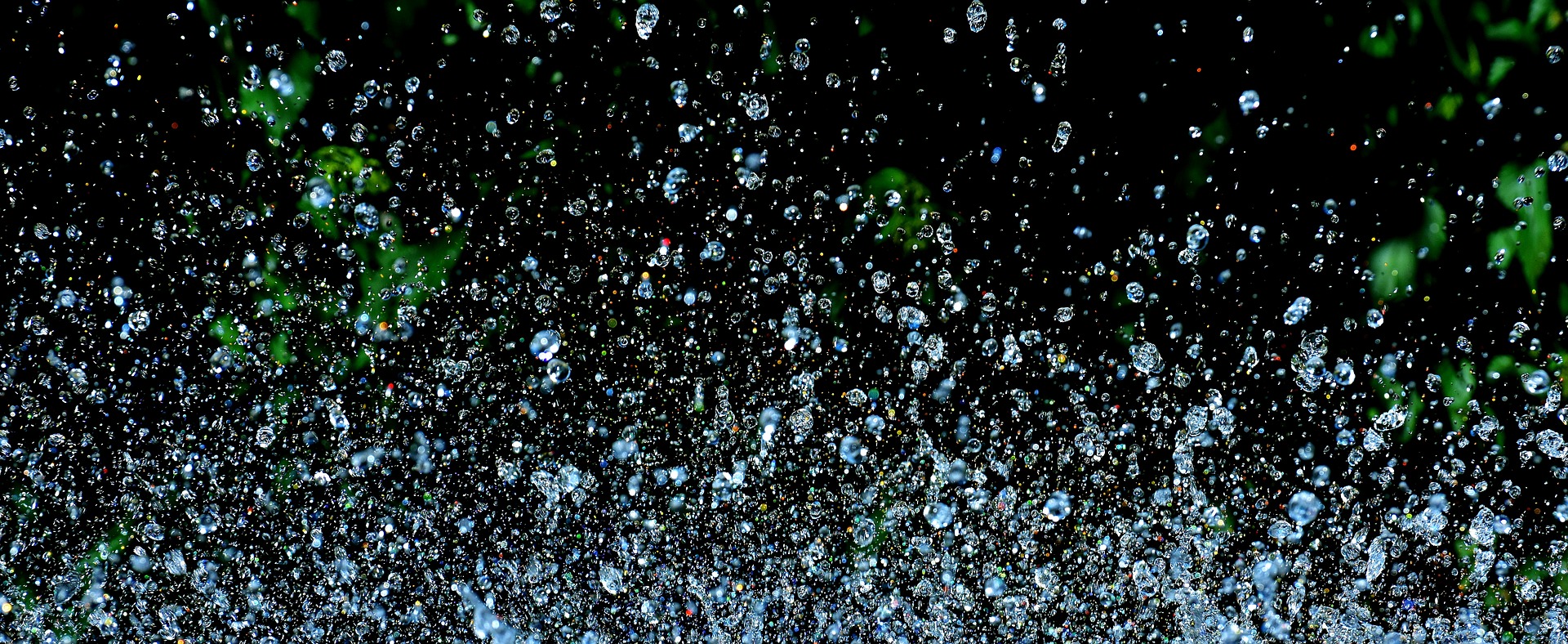
Education
Okechukwu Okogwu

Dr. Okechukwu Okogwu
CAS-TWAS postdoctoral Fellow, 2011-2012
When I returned to my country, Nigeria after a 1-year postdoctoral research at IHB, it was clear to my colleagues that more competencies in academic administration, freshwater Ecology and toxicology have been acquired. Thanks to Prof. Xie’s Key Laboratory on Freshwater Ecology and Biotechnology. A lot of knowledge was garnered within one year. I sat up one night by myself and wondered “how could so much happen within 12 months?”
Prior to life at IHB, my research was mainly focused on Freshwater Ecology. In the field, Cyanobacteria were frequently encountered and from literature it was clear that these organisms were very harmful to aquatic lives through production of cyanotoxins and depletion of dissolved oxygen. I was interested in knowing more about cyanobacteria and decided to research on it during postdoctoral studies. I looked through the internet for a laboratory with good research background on this subject, that will offer me the latitude to work on Cyanobacteria, and Prof. Ping Xie’s laboratory was the most appealing. I wrote to him and he accepted to be a mentor and good enough the CAS-TWAS postdoctoral fellowship was secured and between 2011 and 2012, I was at IHB.
Life at IHB and Wuhan was filled with several unforgettable moments, some extremely pleasant and others not too pleasant. However, I loved the period at IHB and if given the opportunity, will visit again, as many times as possible. Working in the Freshwater Ecology and Biotechnology Laboratory in the boat on Donghu Lake was exhilarating, with water all around and the migratory bighead carp ever moving, it was work-hobby-play mixed in the right proportion.
Picking a topic on toxicology came with its challenges for a Biologist with poor Biochemistry background, consequently extra time, work and self motivation were required to get to speed. Support from colleagues and postgraduate students, availability of sufficient and state of the art facilities in the laboratory and availability of literature made this challenge less tasking. However, few months on arrival at Wuhan, I was ill and had to undergo surgery. The initial worries of been hospitalized in a foreign land was easily erased by the amount of love and attention received from the academics, administration staff and students of the Institute. The head of administrations and several senior academic staff visited me in the hospital and ensured there was absolutely nothing to worry about. My bedside was the most visited, which facilitated early recovery. Soon, my research continued.
Life at IHB and Wuhan was not all about academic research, there was also time to travel, play and opportunities to make new friends outside the academic environment. I visited the Yunnan Province and felt comfortable in the weather and with the locals. There was also time to visit several stores, historic sites and several towns such as Wuchang and Xiaogen etc within Hubei Province. The visit to Xiaogen was unforgettable. The trip was sponsored by the Institute of Hydrobiology to foster relationship amongst staff and postdocs, and also provide academic training. We spent two days at the beautiful Tian Zi hotel with wonderful scenery. During the stay, several formal and informal trainings were given. At the end of the training we understood the importance of cooperation, competition and focused and strong leadership in academic development and success.
There was also time see the zoo, Hubei museum, theater and other wonderful places. I also spent time at the beautiful city of Beijing and regretted not having time to visit Guangzhou, Shanghai and Hong Kong. However, there was sufficient time to play football at Wuhan University pitch. The only major regret I have was not been able to learn and speak the Chinese Language but not for want of trying. Anyway, I still had fun as friends were around to interpret.
Overall, the time at IHB wonderfully improved my competence in research and showed me the beautiful cities of China as well as the rich culture heritage and hospitality.
File Download: